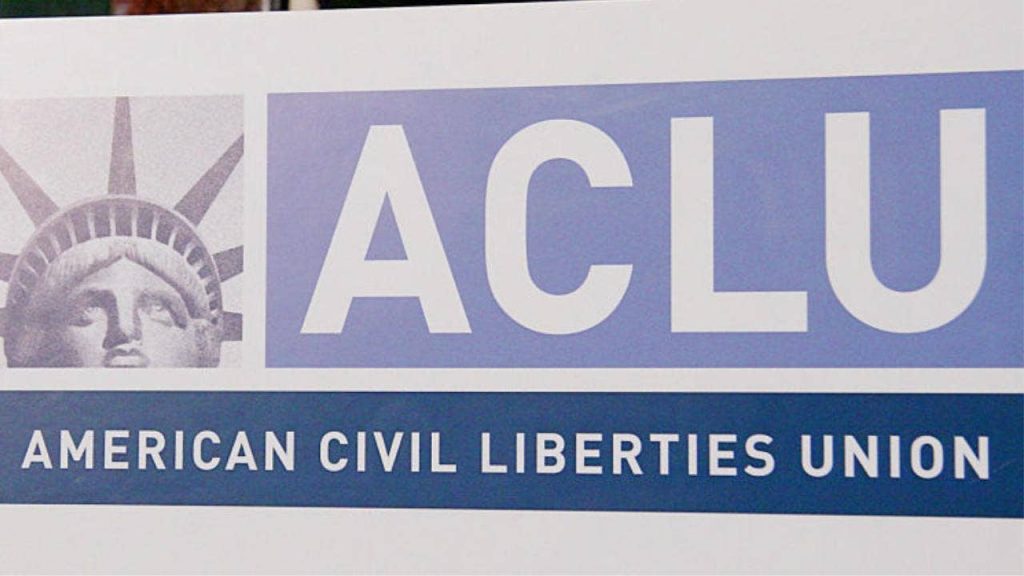The American Civil Liberties Union (ACLU) of Indiana has initiated a lawsuit against the Trump administration, asserting that seven international students in Indiana had their legal status revoked without proper justification. The lawsuit claims that the U.S. Department of Homeland Security (DHS) failed to provide the students with the opportunity to contest the terminations, potentially infringing upon their due process rights. This legal action comes amidst growing concerns about the treatment of international students involved in political demonstrations.
| Article Subheadings |
|---|
| 1) Lawsuit Filed against DHS Over Visa Revocation |
| 2) Allegations of Due Process Violations |
| 3) Background of the Visa Revocation Issue |
| 4) Profiles of the Students Involved |
| 5) Administrative Responses and Implications |
Lawsuit Filed against DHS Over Visa Revocation
The ACLU of Indiana has formally filed a lawsuit targeting the U.S. Department of Homeland Security (DHS), particularly naming Secretary Kristi Noem and acting director of U.S. Immigration and Customs Enforcement, Todd Lyons. The suit emphasizes that seven international students, primarily from China and Nigeria, had their statuses abruptly revoked without any explanation or formal process. This legal action was launched in response to recent enforcement actions taken by the DHS under the Trump administration, which has been scrutinized for its stringent policies affecting international students.
Allegations of Due Process Violations
Central to the lawsuit are allegations that DHS violated due process rights by terminating the students’ lawful immigration status without permitting them to contest these decisions. According to Ken Falk, the legal director for the ACLU of Indiana, there was a failure to adhere to regulatory standards necessary for the revocation of such statuses. In the legal filing, the ACLU argues that the lack of notice and opportunity to contest the decisions reflects an alarming disregard for basic rights afforded to individuals within the U.S. legal system.
Background of the Visa Revocation Issue
The U.S. government has come under increasing scrutiny for its crackdown on international students, especially those perceived to be engaging in political activism. Recent reports indicated that the Trump administration targeted students participating in anti-Israel protests, linking their actions to support for groups designated as terrorist organizations, including Hamas. In this broader context, the alleged revocation of student visas appears to be part of a more extensive strategy aimed at limiting the presence of international scholars who might disagree with the administration’s foreign policy stances. This culmination of governmental actions has triggered significant discussions regarding the implications for international students across the U.S.
Profiles of the Students Involved
Among the seven students named in the lawsuit are six individuals from China attending Purdue University and Indiana University, along with one Nigerian student from the University of Notre Dame. Notably, two of these students are on track to graduate next month. The lawsuit asserts that, despite the revocation of their visas, these individuals should retain the right to continue their education and maintain their residency status until a thorough legal process is afforded to them. Their circumstances reflect the larger uncertainty faced by many international students in the U.S. amid shifting political climates.
Administrative Responses and Implications
The details surrounding the lawsuit have drawn comments from various officials. Secretary of State Marco Rubio recently defended the government’s authority to revoke visas, asserting that there is no inherent right to a student visa and that such actions can be taken should the government deem them necessary. Furthermore, DHS has not issued an immediate response to requests for comment regarding the lawsuit, contributing to the sense of uncertainty that currently pervades discussions about immigration policy and students’ rights. The outcomes of this case could have significant implications for the future of international education in the U.S., as it could set a precedent for how such revocations are handled in the future.
| No. | Key Points |
|---|---|
| 1 | The ACLU of Indiana has filed a lawsuit against the Trump administration regarding the revocation of international student visas. |
| 2 | The lawsuit alleges violations of due process, claiming students were not given the chance to challenge their visa terminations. |
| 3 | Recent governmental actions have escalated concerns among international students, particularly those involved in political issues. |
| 4 | The implicated students consist mainly of Chinese citizens, with one from Nigeria, highlighting diversity among impacted populations. |
| 5 | Responses from government officials emphasize the administration’s position on the legality of visa revocations. |
Summary
The ACLU’s lawsuit against the Trump administration represents a pivotal moment in the ongoing discourse surrounding international student rights in the United States. By challenging the abrupt visa terminations and advocating for due process, the case may set significant legal precedents that could shape the treatment of international students moving forward. As this situation unfolds, it highlights not only the complexities of immigration policy but also the personal impact on students’ lives and futures.
Frequently Asked Questions
Question: What is the main issue at the center of the ACLU’s lawsuit?
The ACLU’s lawsuit centers on the alleged revocation of international student visas without proper notice or the opportunity to contest the decisions, claiming violations of due process rights.
Question: Who are the main plaintiffs in this case?
The main plaintiffs in the case are seven international students from China and Nigeria, who had their legal statuses revoked and are seeking to challenge these actions in court.
Question: What could the implications of this lawsuit be for international students?
The implications could be significant, potentially establishing legal standards for how visa revocations are handled, thus affecting the rights and treatment of international students in the U.S. moving forward.



